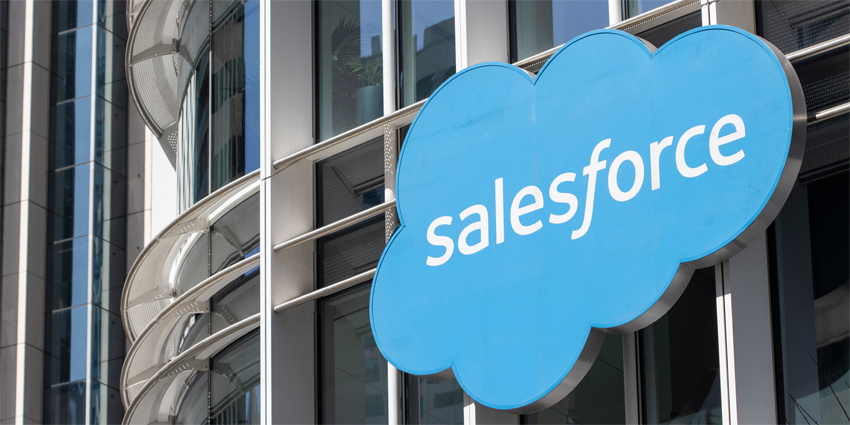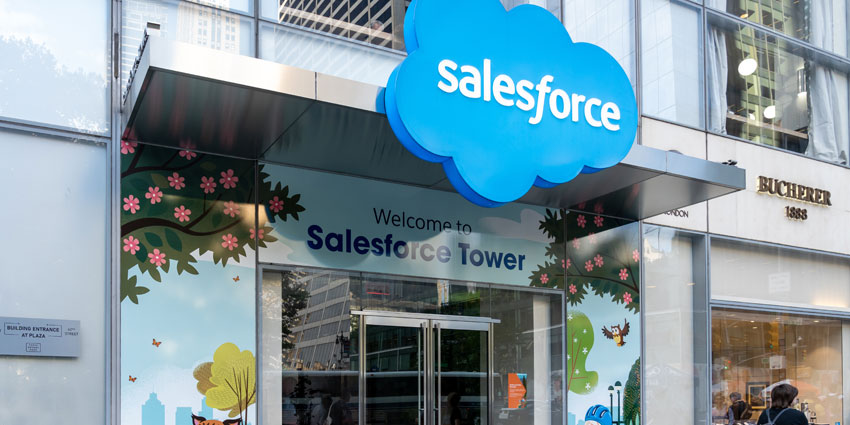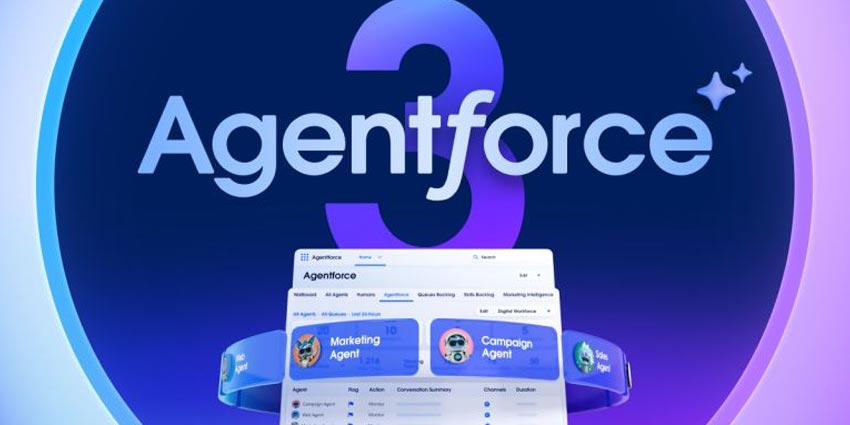HubSpot plans to increase pricing by 12 percent on the enterprise tier of its marketing hub in September as businesses seek to cut costs and focus on revenue-driving technology while reducing spend elsewhere.
The company’s CEO, Yamini Rangan, announced the price hike during the company’s latest earnings call.
The move comes following a strong quarter for HubSpot, with Q2 revenue up 41 percent year on year in constant currency, while customers grew 25 percent year on year to more than 150,000 globally.
Constant currencies are exchange rates used by global companies to temper the effect of currency fluctuations when reporting financial numbers.
Rangan said that the last time HubSpot raised prices was in 2018, and that years of new feature introductions, such as revenue attribution reporting and AI-powered A/B testing, have made customers more accepting of the latest increase.
One of HubSpot’s biggest Q2 moves was the launch of CMS Hub Free, which comes bundled with a free CRM platform. It allows companies to build a website and nurture business all in one platform.
In Q2 the company also continued with its playbook of introducing product innovations in the higher tiers before bringing them to the lower tiers for free, by launching marketing automation features in the Starter tier. It also introduced inbound calling for its Service Hub, which lets customers provide real-time service over the phone.
Rangan pointed to HubSpot’s Q2 product innovations as a sign that the company is moving towards becoming the platform of choice for scaling businesses, adding that:
It is clear that SMBs need to do more with less as they navigate the current macroeconomic environment. They’re looking for ways to consolidate their fragmented tech stack of point solutions.
However, Rangan acknowledged that HubSpot has experienced a “lengthening of deal cycles and more decision-makers getting involved” in the past few months, as companies increase scrutiny of tech vendors in a bid to contain costs, amid a worsening economic backdrop.
HubSpot is also planning to slow down its hiring in the second half of the year, citing unfavorable macroeconomic conditions, said Kathryn Bueker, HubSpot’s Chief Financial Officer, on the earnings call.
Rangan added that businesses are prioritizing products like HubSpot, which they see as more directly driving revenue, over things like events and advertising:
All these businesses still need to market, they need to sell. We’re not a discretionary point solution. We’re the backbone for small and medium businesses.
Earlier this year, HubSpot expanded into Canada and invested an undisclosed amount in cloud-based contact center solution vendor Aircall.







